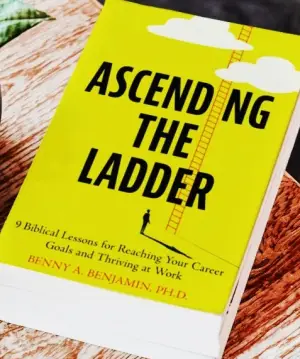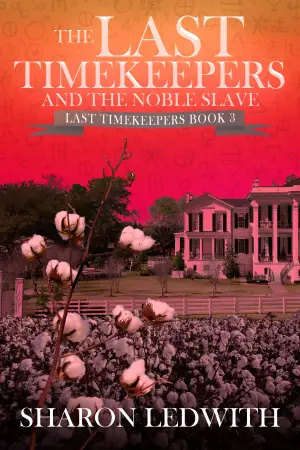A Thousand Splendid Suns: A Heart-Wrenching Tribute to Resilience
When I first picked up Khaled Hosseini’s A Thousand Splendid Suns, I was drawn not just by its captivating title, which promised a blend of beauty and depth, but also by the rich narratives Hosseini is known for. Little did I know that this book would not only tell a story but would also immerse me in an emotional journey that shattered and reshaped my understanding of resilience, love, and sacrifice.
From the moment I began reading, I was engulfed by the world of Mariam and Laila. The book artfully navigates the oppressive landscape of Afghan society, shining a light on the struggles women face amidst war and societal expectations. Through Mariam, the marginalized “harami” (bastard child), we see the wrath of discrimination, while Laila embodies a more privileged life that turns precarious due to the ravages of conflict. Their eventual intertwined fates illuminate the powerful bond formed through shared suffering, a connection that feels both profound and necessary in such bleak circumstances.
Hosseini’s prose shines brightly, painting vivid images and deep emotions that resonate long after the final chapter. His ability to articulate the pain of his characters while threading glimmers of hope is what makes this narrative a standout. As I turned each page, I felt an urgency to uncover their stories—fueled by the intensity of their experiences and the steadfast kindness that Mariam exhibits despite her cruel reality. There’s a heart-wrenching quote that encapsulates the book’s essence: “Learn this now and learn it well, my daughter: Like a compass needle that points north, a man’s accusing finger always finds a woman.” This line, amidst others, articulates the struggle for respect and freedom with unwavering clarity.
The pacing carries you along a tumultuous emotional ride. Even in the book’s slower moments, there’s a sense of anticipation and urgency that propels you forward. At no point did I feel distanced from the characters; I was right there with Mariam, feeling her heartache and triumphs. Both of their arcs are beautifully crafted; the evolution from isolation to a bond of sisterhood is both heartwarming and tragic, showcasing how love can arise from despair.
As I neared the end, I knew that Mariam would make the ultimate sacrifice for Laila and her children. It broke me. This poignant moment is not just about loss but underscores the depth of human compassion in the face of insurmountable odds. "For me, it ends here. There’s nothing more I want," Mariam declares, encapsulating her selflessness in a heartbreaking farewell.
If you’re searching for a narrative that gracefully explores themes of friendship, the fight for identity, and the enduring power of love, A Thousand Splendid Suns is an absolute must-read. Though you may find your heart broken, it will also be filled with admiration for the human spirit’s capacity to endure.
Ultimately, this book is not just a story; it’s an experience that clings to your soul, a reminder of the beauty that resides even in the darkest of times. I emerged transformed, carrying the weight of Mariam’s grace and Laila’s hope with me. This novel troubles the waters of despair while leaving you with the profound realization that love truly can be a form of resistance, echoing long after the pages are turned. 💌
Discover more about A Thousand Splendid Suns on GoodReads >>






